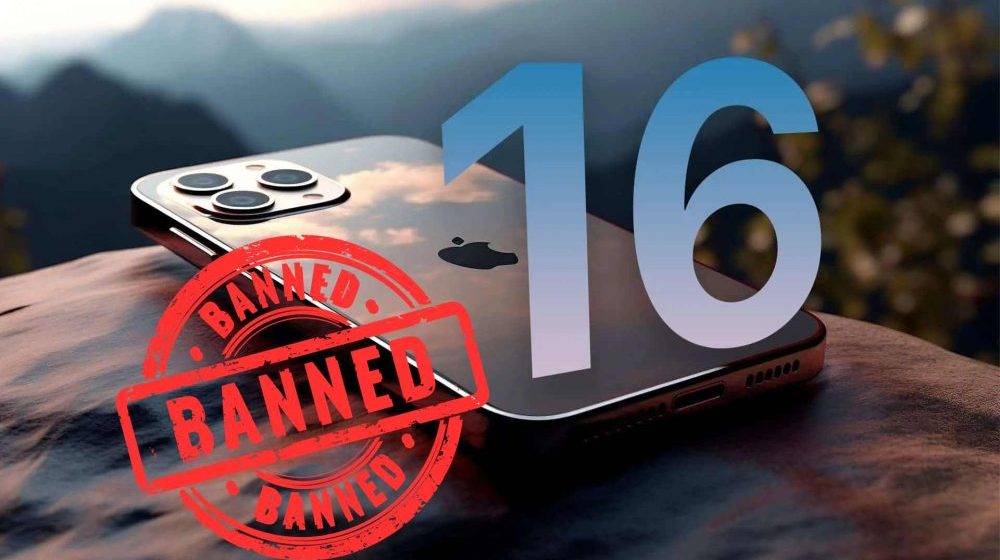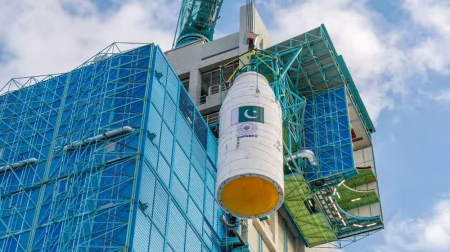Apple is taking proactive steps to address the recent ban on its iPhone 16 and Apple Watch 10 series in Indonesia due to local content requirements. The tech giant has committed to a $10 million investment in a new facility in Bandung, Indonesia, developed in collaboration with its local supplier, Yageo Corporation. This facility will produce components and accessories for Apple products, helping the company comply with Indonesia’s 40% local content mandate.
According to Bloomberg, Apple has submitted a proposal to the Indonesian Ministry of Industry for approval. If granted, this facility could significantly boost Apple’s market presence in Indonesia while supporting the country’s economy and local suppliers.
Why Local Content Requirements Matter
Indonesia’s local content requirements are part of a larger initiative to strengthen domestic industry and encourage foreign companies to invest in the country. Apple’s move underscores its dedication to adapting to regional regulations and supporting emerging markets.
Google’s Pixel 9 series has also been impacted by these regulations, marking a shift in how major tech companies approach compliance in growing international markets.
Building Stronger Market Presence
If approved, Apple’s investment in Bandung will not only meet compliance needs but also create jobs and foster innovation in Indonesia’s tech sector. This strategic shift demonstrates Apple’s intent to deepen its foothold in the region, providing benefits to local economies and enhancing consumer access to the latest Apple technology.




